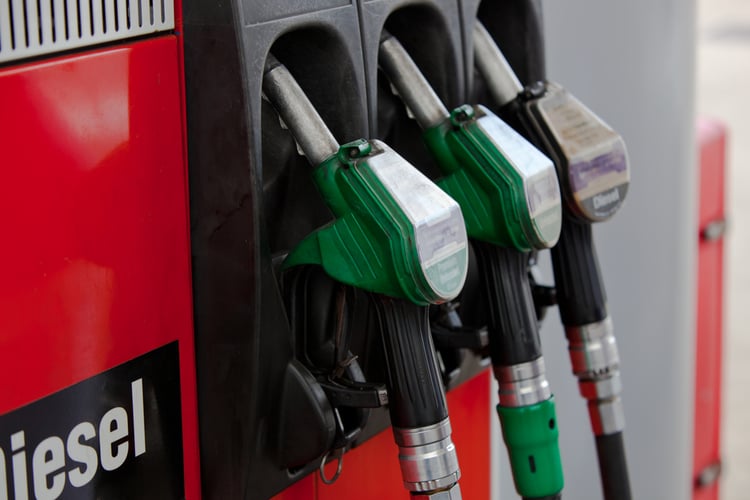
Fuel is one of the most crucial cost items for carriers and fleets. Changes in fuel costs influence mobility, logistics performance and profit margins, hence why fuel theft is on the rise.
According to research by the Ernst & Young audit and consulting firm, around $133 billion worth of crude oil and refined products are stolen or adulterated every year. A 2020 study from the Journal of Transportation Security shared data from the Swedish Association of Road Transport estimating 150,225 l of fuels have been stolen from Swedish road carriers; the same publication argues a study performed by the International Road transport Union’s (IRU) in the UK has indicated 894 fuel theft events, with a corresponding amount of stolen fuel of about 320,000 l over a period of 6 months, i.e. about 533 l stolen per company.
Fuel is undeniably one of the most stolen commodities in the world, and businesses that own fleets of vehicles, GSE and airport fleets included, need to set up prevention measures to avoid massive losses. Here we provide 5 simple strategies airport organisations and fleets can leverage to protect their fuel investment.
#1: Set up clear fuel policies and train drivers Make sure you share within your team a set of guidelines about times and types of fuel purchases authorized. Inform your drivers about the problem of fuel theft and on the importance of staying vigilant and protecting vehicles in order to not become a target.
#2: Defensive parking Encourage drivers to park vehicles in a way that makes it impossible for thieves to access the fuel tank. This might take some extra time at the end of the working day, but it’s an easy strategy worth implementing.
#3: Pay attention to fuel purchases Comb for signals of both internal and external fuel theft. Make sure when drivers purchase fuel, they do pay inside the stores to avoid credit card skimmers at the pump and monitor purchases with the help of fuel cards.
#4: Use asset tracking Fuel does not only get stolen from vehicles: if you run an airport fleet you will surely make use of storage tanks, pumps and different equipment. Asset tracking solutions prevent their tampering and allow you to be in control 24/7.
#5: Use a comprehensive fleet management software Keep track of where every drop of fuel is spent leveraging a complete fleet management solution: with fuel card integration, consumption reports, customisable alert and purchases tracking you will be able to cross-check odometer readings with driver reports and card statements.
Transpoco Perform has an integrated fuel management module that can show purchases in real time as well as issues that might be connected to them. You can also count on driving monitoring alerts to see if your team is driving efficiently, on a maintenance module to make sure vehicles are kept roadworthy, and you can establish fuel consumption targets for your fleet.




